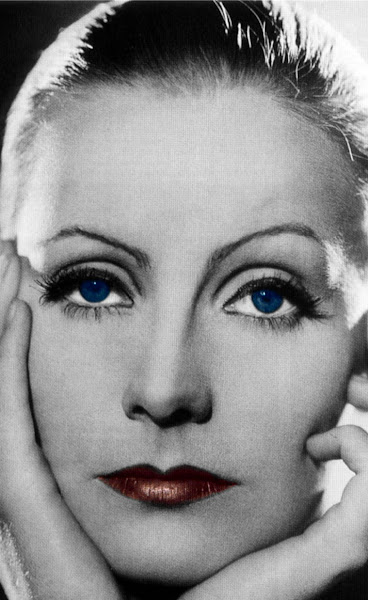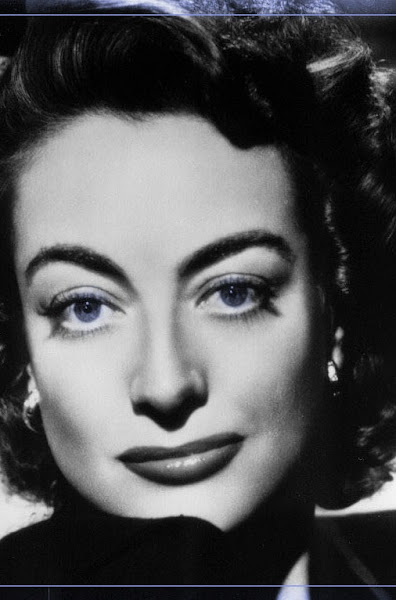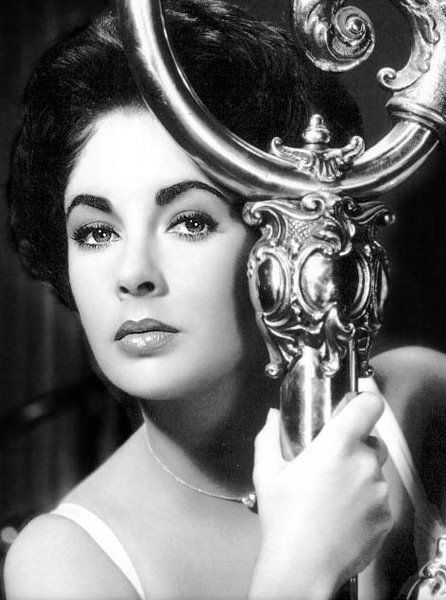
In the film industry, most people are familiar with the Kubricks, the Scorseses, and the Spielbergs, but what about the Streisands, the Campions, or the Riefenstahls? Female directors have created some great films in their own right, so I am disappointed that they have not garnered the recognition they deserve. Why are people quick to recognize the talent of male directors and so infrequently the efforts of women?
One of the first notable female film directors was Germany's Leni Riefenstahl. Though it would sound weird to most people that a female was directing after the rise of the Third Reich, it is not so unusual when she directed "Triumph of the Will (Triumph des Willens)," a 1934 documentary celebrating the power of Hitler with "pioneer[ing] film and photographic techniques" (AP), which led to "ground-breaking filmmaking" (BBC). Though most of her work as a director has since become muddled in controversy, including her other most notable work, "Olympia," a "sensual and stunning" portrait of the 1936 Berlin Olympic Games, most film historians and critics quickly recognize her status as one of the greatest directors of all-time.
It would not be until the 1970's when another female director would be universally-celebrated, this time making history with her recognition as the first female Best Director Oscar nominee. Meet Lina Wertmüller, director of the Italian-language film, "Seven Beauties (Pasqualino Settebellezze)." Her controversies are mostly tied to the politics of her films, "with the main characters either dedicated anarchists, communists, feminists (or all), and the main action centered on conflicts which are political or socio-economic in nature." The public has a funny way of masking a controversial female director from others, so most people are not familiiar with the work of Wertmüller.
In the 1980's, female directing, largely a (literally) foreign concept at this point in time, came to the forefront of Hollywood. Singer/actress/double Oscar-winner Barbra Streisand decided to go behind the camera with 1983's "Yentl," which regarded director Steven Spielberg has since declared a "masterpiece." But it was nominated at the Oscars for neither Best Picture, nor actress, nor director. For the Oscars to be the reputed standard of excellence, why did they not recognize Streisand's work?
Fastforward to 1991's "The Prince of Tides," an exquisite romantic drama by Barbra again. Well-crafted, the picture did receive recognition at the Oscars, but again, not Barbra. But why?
Two years later, Jane Campion's beautiful "The Piano" would earn her a nomination for Best Director. The New Zealand-born director did not win, but her achievement made her the second female to be nominated for Best Director. Being nominated against Spielberg for "Schindler's List" did not help her chances, certainly.
2003's "Lost in Translation" has been the last time a female director has come to the forefront of Hollywood. Sofia Coppola's simple, pensive, and innately complex film earned her the respect of many, but with only one work since "Translation" (2006's "Marie Antoinette"), she has vanished under the recent wave of male director admiration (think Scorsese, etc.).
But on the whole, many other female directors go largely unnoticed. Did you even know the director of "Mamma Mia!" is a woman (English-born Phyllida Lloyd)? Or did you care as you read reviews of "The Dark Knight," consistently praising Christopher Nolan? (I cannot say much because I did just that.) Women have offered a keen eye behind the camera and created some of the best films ever made, but still they go uncredited. What about "Yentl" or "The Prince of Tides"? Or what about Penny Marshall's work on the nostalgic "A League of Their Own"? All great efforts and all quickly forgotten.
Why is that? It is difficult to be a woman in a male-dominated profession, clearly.
July 29, 2008
Random Musing: Female Directors, or Why Hasn't Barbra Been Nominated for an Oscar?
Labels:
random musings
Subscribe to:
Post Comments (Atom)

.jpg)

.jpg)
.jpg)

2 comments:
Great topic, Ben. As it's so directly relevant to my own life and experience, I would feel wrong not commenting...
There are a lot of factors that contribute to the lack of recognition for female directors, but I think the root of the issue is that the traditional societal perception of a woman's role is in complete opposition to that of a film director. The image of the director (not necessarily the reality, but the image nonetheless) is one of a highly authoritative, controlling, dominant figure. (Read: alpha male) That of the traditional woman, however, is in subordination to that authority figure. (Read: dutiful wife, damsel in distress, doting mother) So, for a woman to assume a role characterized by alpha male attributes would be a major disturbance to those gender roles that still, unfortunately, are in place. As women slowly begin to gain access to these careers (another major factor in our current absence from the field), they are still not granted the same level of recognition as many men because there is an inherent risk in rewarding a female for defying the expectations of her gender.
We cannot ignore the sex of female directors, because we should recognize the additional challenges she faces in her work as a woman, but we also cannot allow her status as a woman to interfere with the judgment of that work.
Ok, so my comment will be by far the most inferior statement ever to appear on your blog, but...
Streisand SUCKS!
Excellent writing, however. Do keep up the good work. Also, "Grimwood's Great Film Reviews" seems cartoonish, so I would suggest that you change your last name.
Do it. Free yourself from your parental bondage and eternal servitude...
Sorry, I just channeled an MTSU SDS member.
- Matthew
Post a Comment